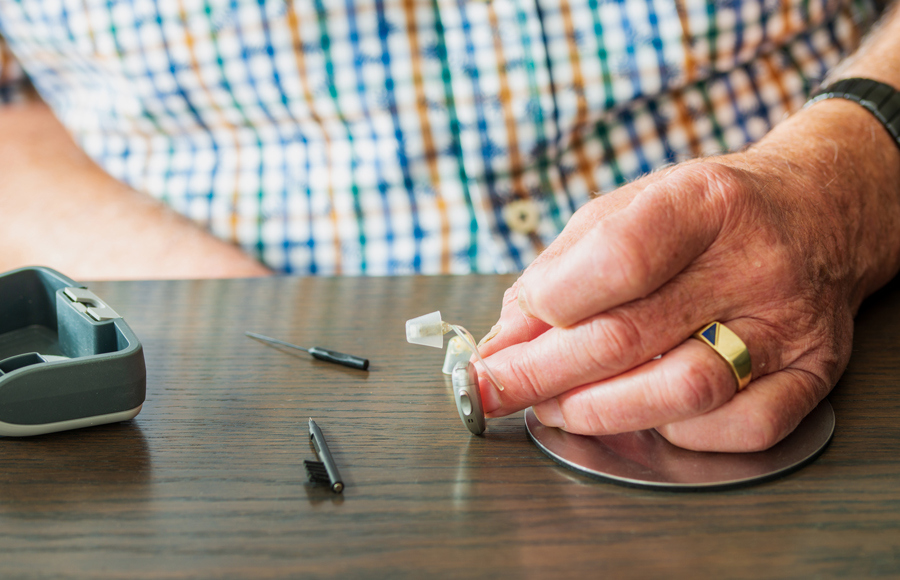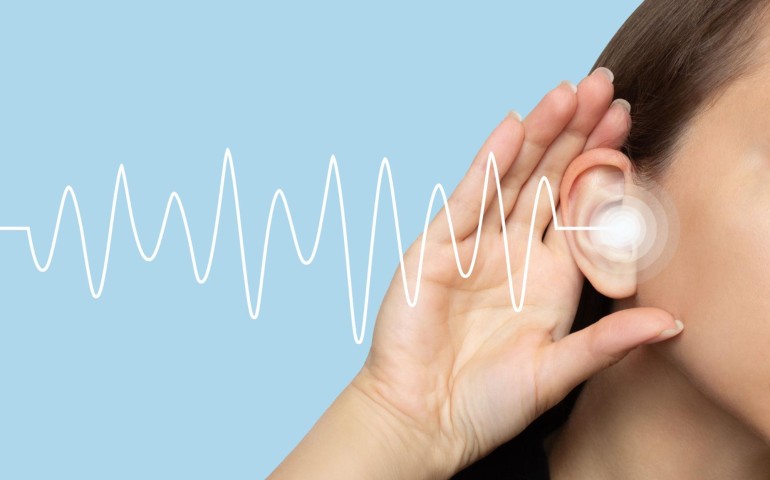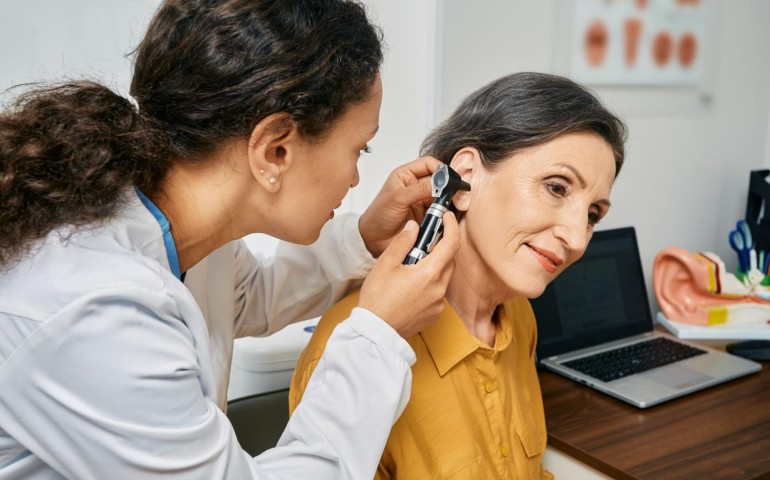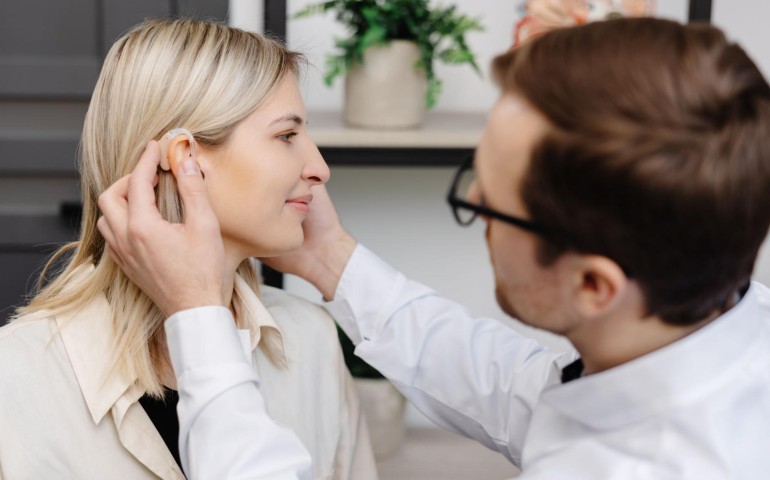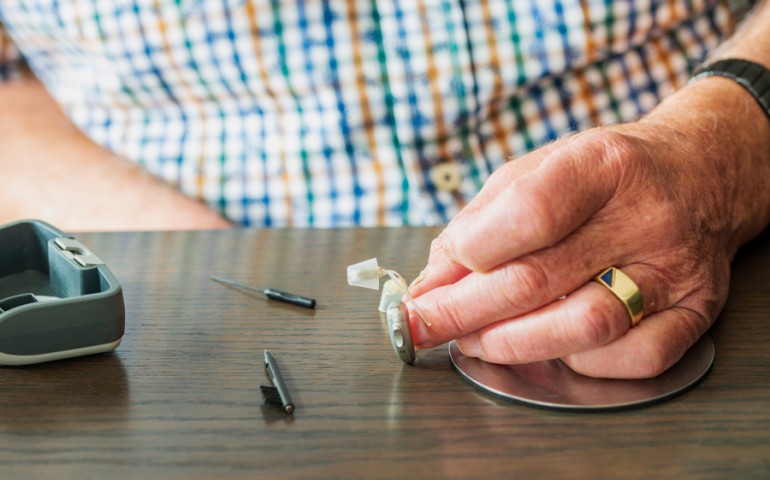Beltone Hearing Aids and Winter Weather: Care and Maintenance
Winter in Michigan brings cozy fires, hot chocolate, and the occasional snowstorm—but it also presents unique challenges for your hearing aids. Cold temperatures, moisture, and sudden temperature changes can impact the performance of your devices. Just as you bundle up for the season, your hearing aids also need extra care. Here’s how to protect them and keep them working at their best all winter long.
Understanding the Impact of Winter on Hearing Aids
Think about what happens when you go from the frosty outdoors to a toasty, warm room. Your glasses fog up. Well, similar things can happen to your hearing aids. Because of this, the cold can cause a myriad of issues.
- Battery Drain: Cold temperatures can cause hearing aid batteries to drain faster, much like your phone battery in the cold.
- Moisture Damage: Snow, rain, and condensation from temperature changes can trap moisture inside your hearing aids, potentially leading to malfunctions.
- Condensation Build-Up: Moving from frosty outdoor conditions to warm indoor environments can create tiny water droplets inside the devices, affecting their performance.
Winter Care Tips for Your Hearing Aids
There is good news for you. Taking care of your Beltone hearing aids in winter is easier than building a snowman. Here are some simple tips to keep them safe and sound.
Keep Them Dry
After coming inside from the cold, snow, or rain, wipe your hearing aids with a soft, dry cloth. Use a hearing aid dehumidifier overnight to remove trapped moisture and ensure they’re ready for the next day.
Cover Them Up
Wear a hat, earmuffs, or a headband to shield your ears and hearing aids from the cold and wet weather.
Handle with Care
Cold fingers can make handling hearing aids tricky. Warm up your hands before adjusting them to reduce the risk of dropping or damaging your devices.
Store Them Properly
At night, store your hearing aids in a dry, cool location, such as a drawer or a dehumidifying case. Avoid leaving them near heaters, as excessive heat can damage the devices.
Maintenance Guide for Winter-Proofing Your Beltone Hearing Aids
Just like prepping your car for a Michigan snowstorm, your hearing aids need extra attention in winter. Regular maintenance ensures they stay in top condition:
- Clean the Earmold: Use a soft cloth or brush to gently remove earwax or debris.
- Check the Microphone: Use a small brush or blower tool to ensure microphone openings are free of blockages.
- Inspect Battery Contacts: Wipe the battery contacts with a dry cloth for a secure connection.
- Replace Batteries Frequently: Keep spare batteries on hand since cold weather can shorten battery life.
Taking care of your Beltone hearing aids during Michigan’s winters ensures they last longer and help you hear clearly, no matter the conditions. These simple care and maintenance steps will keep your hearing aids in excellent shape through the snowy months.
If you have any concerns or need assistance, don’t hesitate to contact us at Beltone Skoric Hearing Aid Center. Our team is here to help you enjoy every sound of the season—from the crackling of a cozy fire to the laughter of loved ones. Schedule a hearing check-up today and make this winter one filled with clear, joyful hearing!

